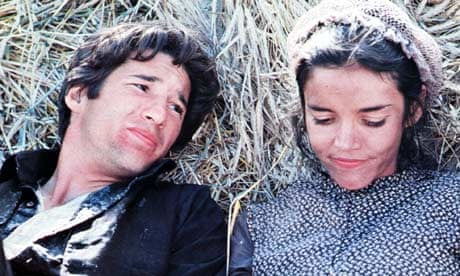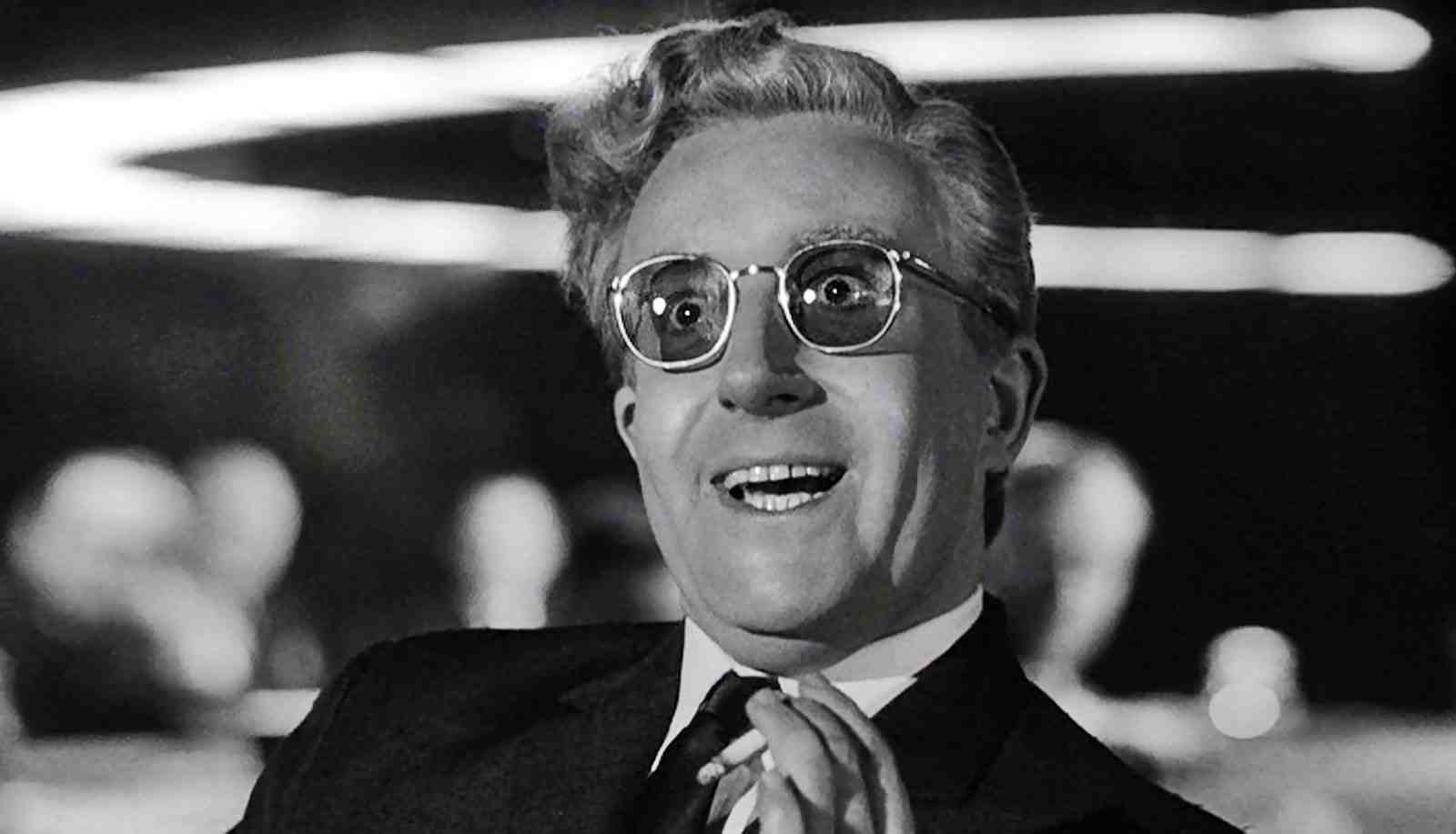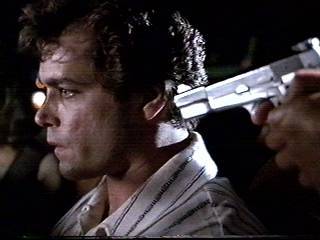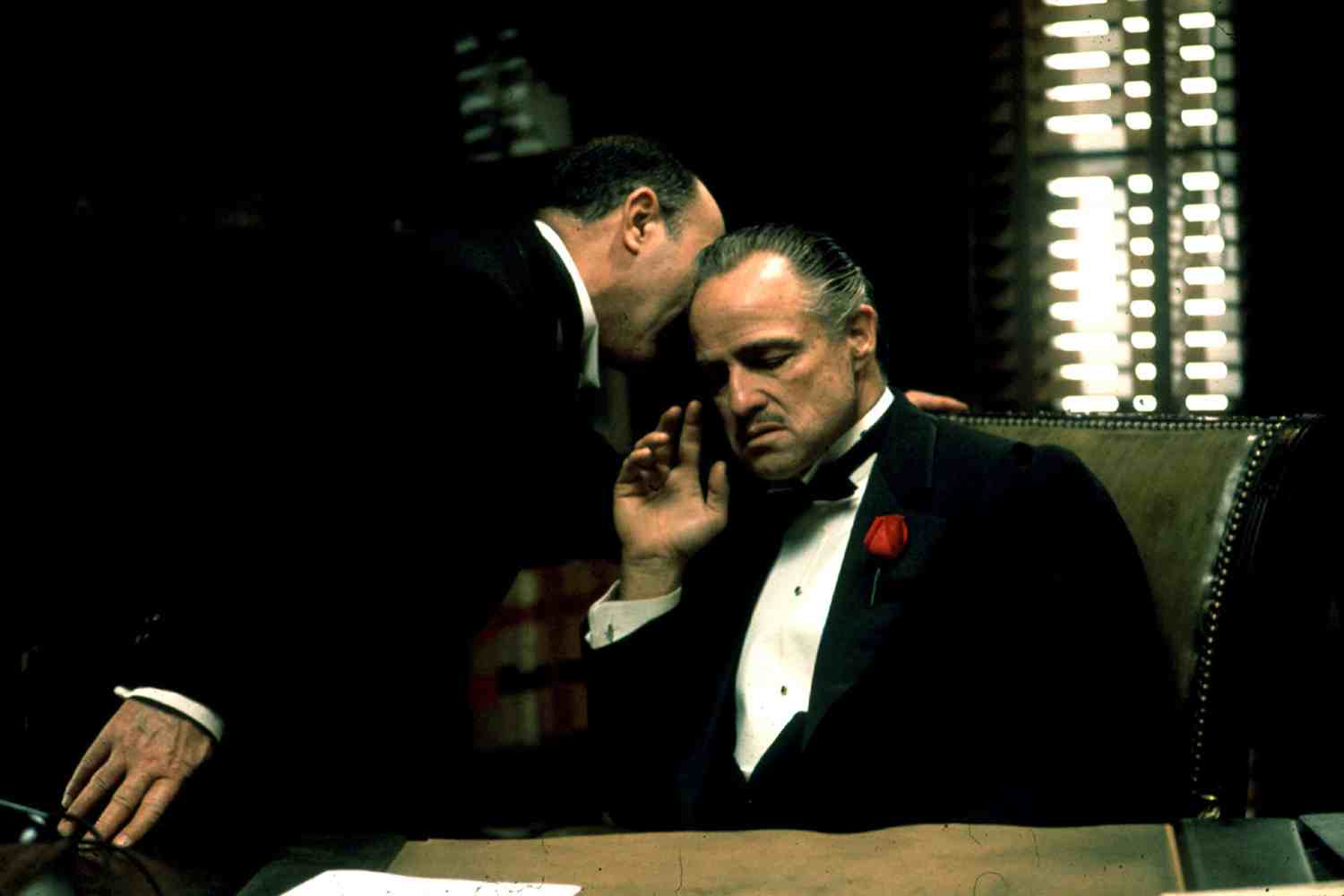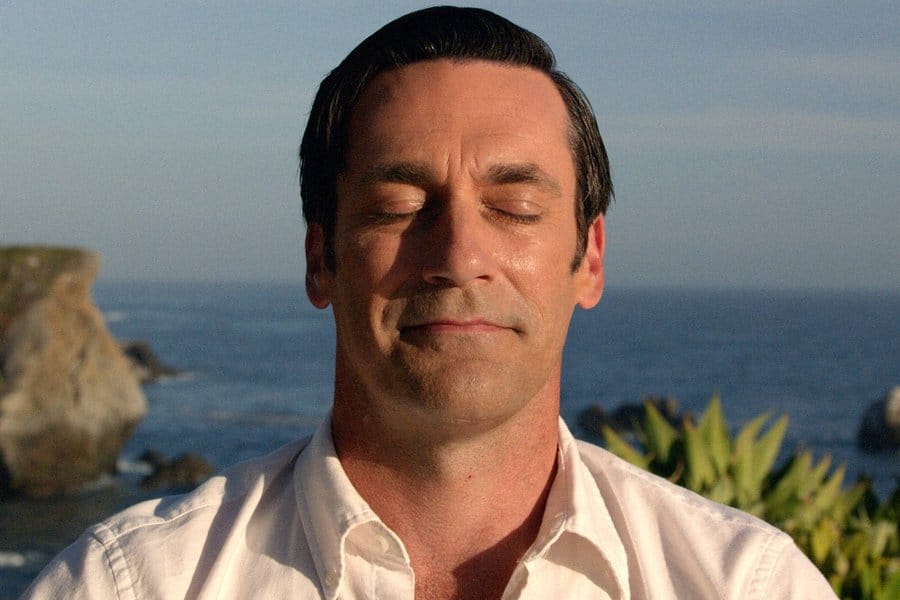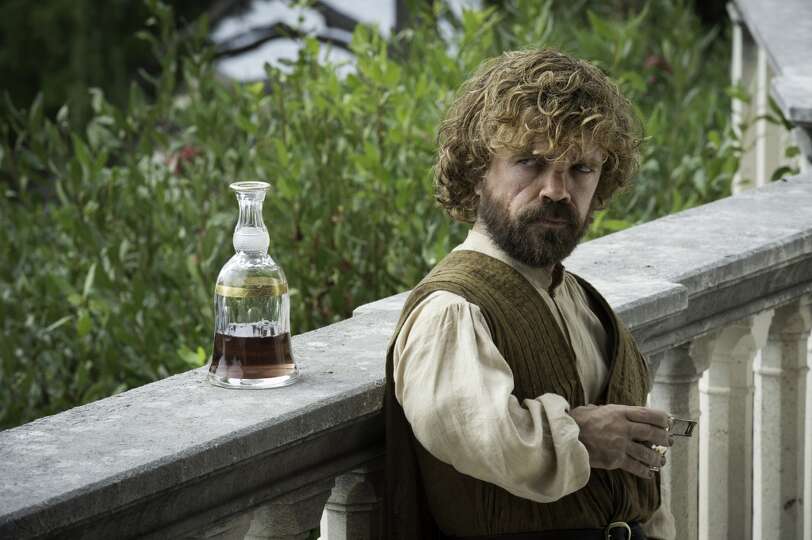Here's a
BBC poll of film critics around the world on the 100 best American films. Should be fun. Let's see what they say (with the occasional note as I read them):
100. Ace in the Hole (Billy Wilder, 1951)
Good to see it on the list--not always mentioned in Wilder lists
99. 12 Years a Slave (Steve McQueen, 2013)
98. Heaven’s Gate (Michael Cimino, 1980)
Still trying to push this one
97. Gone With the Wind (Victor Fleming, 1939)
Surprisingly low, but fair
96. The Dark Knight (Christopher Nolan, 2008)
95. Duck Soup (Leo McCarey, 1933)
Way too low--wonder what McCarey would think if he knew this is the film he'll be remembered for
94. 25th Hour (Spike Lee, 2002)
Interesting this has become a Spike Lee classic (as it should be)
93. Mean Streets (Martin Scorsese, 1973)
Like many films on this list, overrated
92. The Night of the Hunter (Charles Laughton, 1955)
91. ET: The Extra-Terrestrial (Steven Spielberg, 1982)

90. Apocalypse Now (Francis Ford Coppola, 1979)
89. In a Lonely Place (Nicholas Ray, 1950)
Of course we'd see Nick Ray.
88. West Side Story (Robert Wise and Jerome Robbins, 1961)
87. Eternal Sunshine of the Spotless Mind (Michel Gondry, 2004)
This film should lose its reputation.
86. The Lion King (Roger Allers and Rob Minkoff, 1994)
A good film, but I'm certain better Disney features won't be here
85. Night of the Living Dead (George A Romero, 1968)
84. Deliverance (John Boorman, 1972)
83. Bringing Up Baby (Howard Hawks, 1938)
Good to see Hawks on the list
82. Raiders of the Lost Ark (Steven Spielberg, 1981)
So better than ET. (I probably agree)
81. Thelma & Louise (Ridley Scott, 1991)
80. Meet Me in St Louis (Vincente Minnelli, 1944)
79. The Tree of Life (Terrence Malick, 2011)
78. Schindler’s List (Steven Spielberg, 1993)
Will Spielberg have the most titles?
77. Stagecoach (John Ford, 1939)
76. The Empire Strikes Back (Irvin Kershner, 1980)
75. Close Encounters of the Third Kind (Steven Spielberg, 1977)
He just may. (In general, I find the list too modern)
74. Forrest Gump (Robert Zemeckis, 1994)
73. Network (Sidney Lumet, 1976)
72. The Shanghai Gesture (Josef von Sternberg, 1941)
This is the von Sternberg they choose?
71. Groundhog Day (Harold Ramis, 1993)
70. The Band Wagon (Vincente Minnelli, 1953)
69. Koyaanisqatsi (Godfrey Reggio, 1982)
Didn't know this was considered American
68. Notorious (Alfred Hitchcock, 1946)
67. Modern Times (Charlie Chaplin, 1936)
There better by more Chaplin higher
66. Red River (Howard Hawks, 1948)
The more Hawks the better
65. The Right Stuff (Philip Kaufman, 1965)
Not even a good film
64. Johnny Guitar (Nicholas Ray, 1954)
Yet another auteur classic for Nick Ray
63. Love Streams (John Cassavetes, 1984)
I don't think we need any Cassavetes.
62. The Shining (Stanley Kubrick, 1980)
61. Eyes Wide Shut (Stanley Kubrick, 1999)

Two in a row by Kubrick, neither particularly good
60. Blue Velvet (David Lynch, 1986)
Hope there's more Lynch
59. One Flew Over the Cuckoo’s Nest (Miloš Forman, 1975)
58. The Shop Around the Corner (Ernst Lubitsch, 1940)
Great to see this title but it should be in the top five
57. Crimes and Misdemeanors (Woody Allen, 1989)
There should be several Woody movies on this list, but not this one
56. Back to the Future (Robert Zemeckis, 1985)
55. The Graduate (Mike Nichols, 1967)
Should be higher
54. Sunset Boulevard (Billy Wilder, 1950)
More Billy, and I'm sure more to come
53. Grey Gardens (Albert and David Maysles, Ellen Hovde and Muffie Meyer, 1975)
A rare documentary
52. The Wild Bunch (Sam Peckinpah, 1969)
Another one of those overrated titles
51. Touch of Evil (Orson Welles, 1958)
50. His Girl Friday (Howard Hawks, 1940)
Hawks scores again
49. Days of Heaven (Terrence Malick, 1978)
48. A Place in the Sun (George Stevens, 1951)
Overrated
47. Marnie (Alfred Hitchcock, 1964)
Hitchcock has so many good films, what's this bizarre auteur classic doing here?
46. It’s a Wonderful Life (Frank Capra, 1946)
45. The Man Who Shot Liberty Valance (John Ford, 1962)
I'd do fine with no Ford here, but this one?
44. Sherlock Jr (Buster Keaton, 1924)
Finally some Buster. Should be more.
43. Letter from an Unknown Woman (Max Ophüls, 1948)
42. Dr Strangelove (Stanley Kubrick, 1964)
Ranked too low
41. Rio Bravo (Howard Hawks, 1959)
I'm glad to see it on this list, but Red River is better
40. Meshes of the Afternoon (Maya Deren and Alexander Hammid, 1943)
More of historical interest than anything else
39. The Birth of a Nation (DW Griffith, 1915)

38. Jaws (Steven Spielberg, 1975)
Maybe Spielberg's best, but Wilder is catching up
37. Imitation of Life (Douglas Sirk, 1959)
If there's got to be Sirk, might as well be this one.
36. Star Wars (George Lucas, 1977)
35. Double Indemnity (Billy Wilder, 1944)
Wilder's picking up steam
34. The Wizard of Oz (Victor Fleming, 1939)
33. The Conversation (Francis Ford Coppola, 1974)
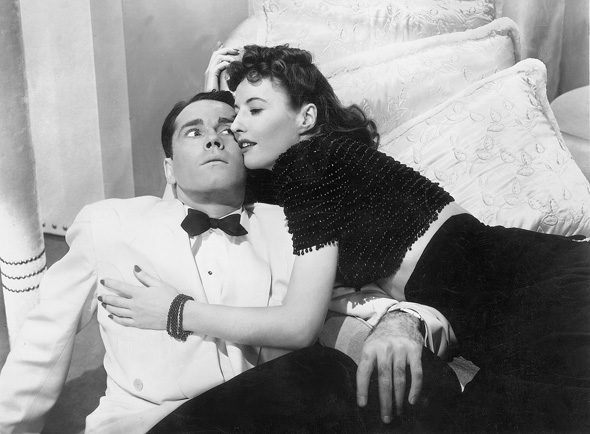
32. The Lady Eve (Preston Sturges, 1941)
Preston should have two or three--not a bad choice, but not my favorite
31. A Woman Under the Influence (John Cassavetes, 1974)
One Cassavetes was more than enough
30. Some Like It Hot (Billy Wilder, 1959)
Wilder's best
29. Raging Bull (Martin Scorsese, 1980)
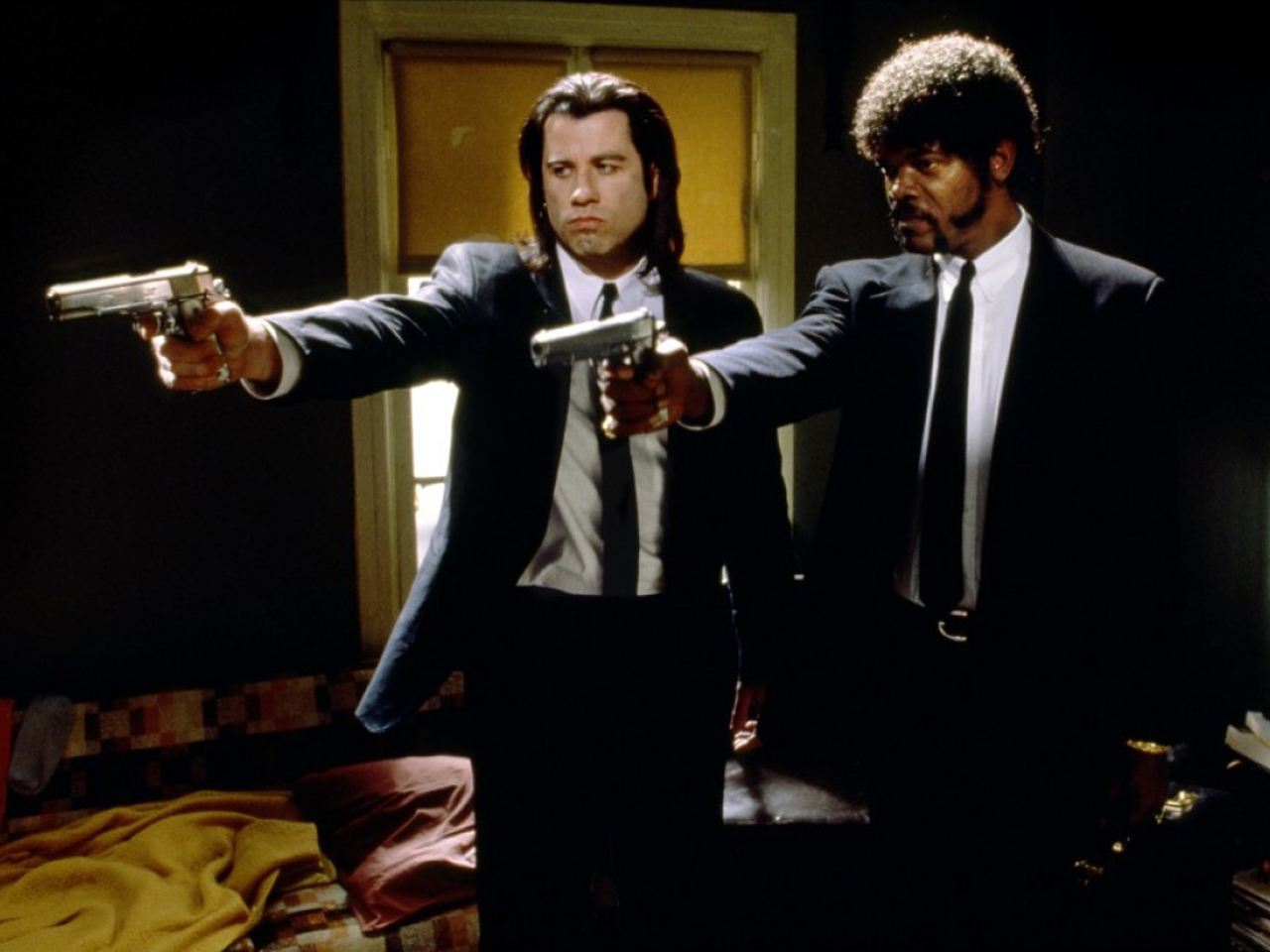
One of the most overrated films (I fear they'll be others above)
28. Pulp Fiction (Quentin Tarantino, 1994)
Should be in top ten
27. Barry Lyndon (Stanley Kubrick, 1975)
Are they picking every bad Kubrick film?
26. Killer of Sheep (Charles Burnett, 1978)
A good film, but I'm kind of surprised to see it on this list of big titles.
25. Do the Right Thing (Spike Lee, 1989)
24. The Apartment (Billy Wilder, 1960)
I figured it'd be his highest--though it shouldn't be
23. Annie Hall (Woody Allen, 1977)
Too low
22. Greed (Erich von Stroheim, 1924)
21. Mulholland Drive (David Lynch, 2001)
20. Goodfellas (Martin Scorsese, 1990)
19. Taxi Driver (Martin Scorsese, 1976)
Scorsese scores a double
18. City Lights (Charlie Chaplin, 1931)
17. The Gold Rush (Charlie Chaplin, 1925)
Chaplin gets a double, and both could be top ten
16. McCabe & Mrs Miller (Robert Altman, 1971)
Good to see more Altman
15. The Best Years of Our Lives (William Wyler, 1946)
14. Nashville (Robert Altman, 1975)
13. North by Northwest (Alfred Hitchcock, 1959)
12. Chinatown (Roman Polanski, 1974)
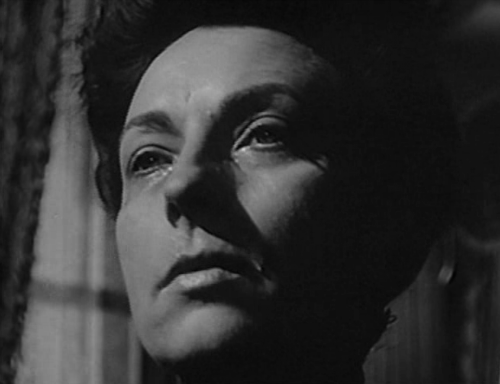
11. The Magnificent Ambersons (Orson Welles, 1942)
10. The Godfather Part II (Francis Ford Coppola, 1974)
9. Casablanca (Michael Curtiz, 1942)
8. Psycho (Alfred Hitchcock, 1960)
7. Singin’ in the Rain (Stanley Donen and Gene Kelly, 1952)
6. Sunrise (FW Murnau, 1927)
5. The Searchers (John Ford, 1956)
This was one of those vastly overrated film I feared would be rated high (such as on the list at all)
4. 2001: A Space Odyssey (Stanley Kubrick, 1968)
This is another vastly overrated film I feared would be rated too high.
3. Vertigo (Alfred Hitchcock, 1958)
Yet another third vastly overrated film I feared would be rated too high.
2. The Godfather (Francis Ford Coppola, 1972)
1. Citizen Kane (Orson Welles, 1941)
Here's
Todd McCarthy on what he calls a bizarre list. Hitchcock, Kubrick, Spielberg and Wilder all have five titles. Coppola and Hawks have four. Chaplin, Ford, Scorsese and Welles have three. The 1970s is the top decades with 21 titles. Coppola, Hitchcock and Welles have two in the top eleven.







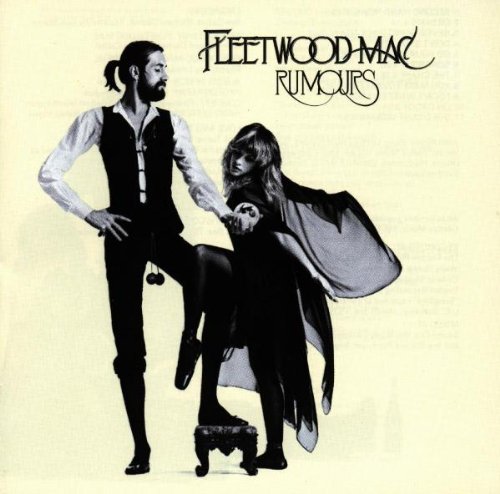



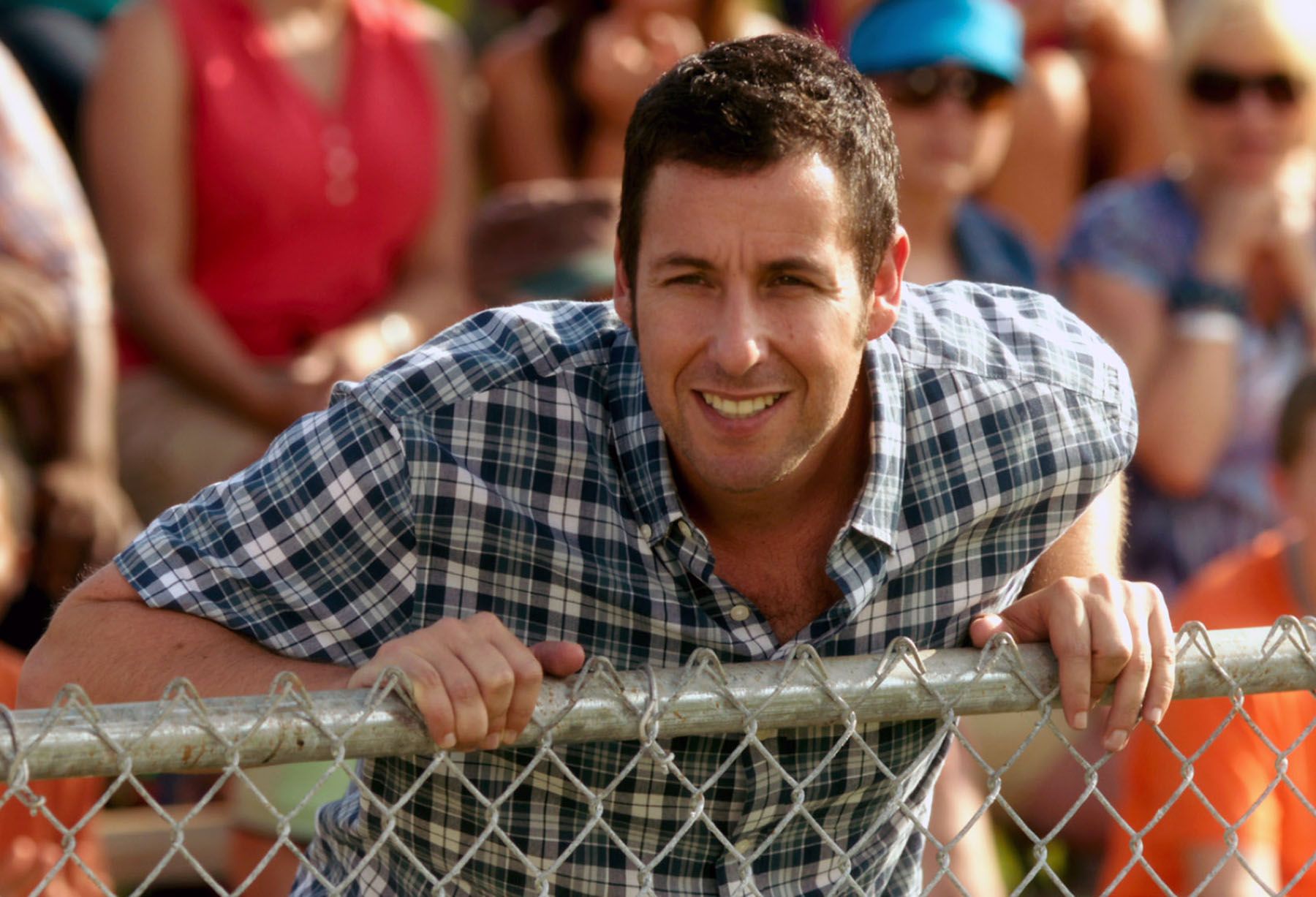









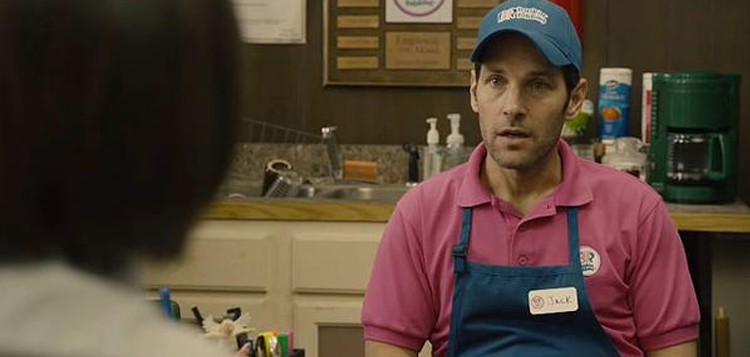
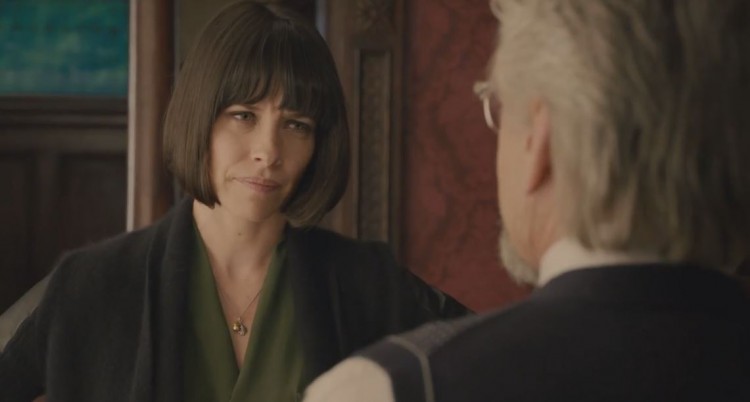



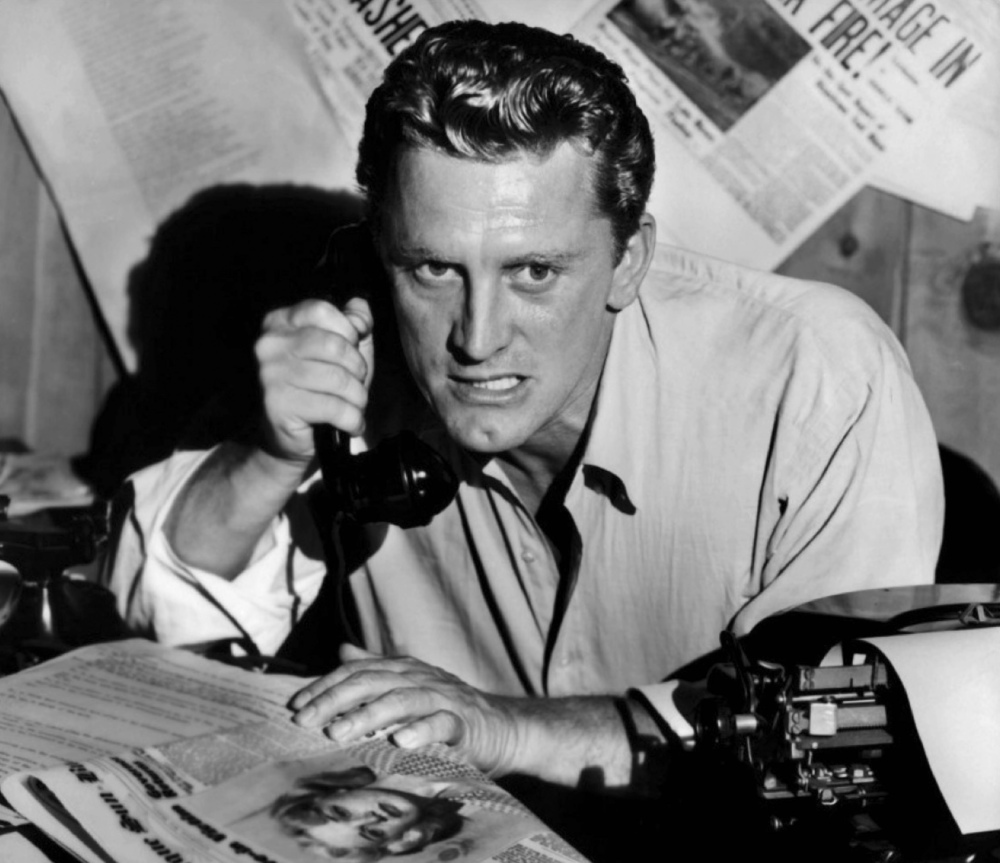
_02.jpg)




